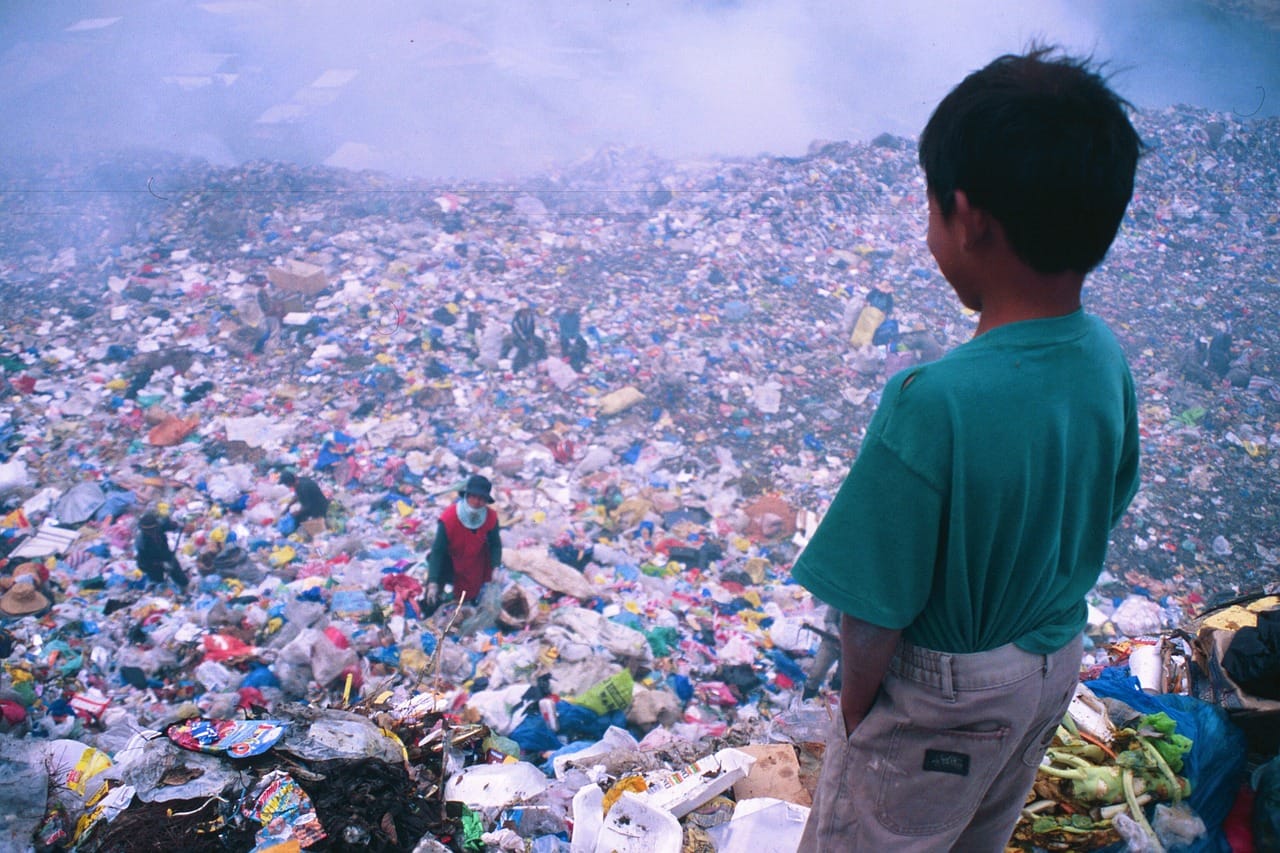
Too many people
Wealthy, well-developed nations are nearing ZPG (zero population growth), which makes life better for everyone.
Guest post by James Haught
When I was born in 1932, Planet Earth had two billion people. Now it has eight billion—quadrupling in a single lifetime.
Exploding human population causes many secondary evils: Mountains of plastic in oceans, rivers and landfills. Flattened rainforests to make cropland. Giant shantytown slums around Global South cities. Air and water pollution from ever-greater manufacturing. Flood deaths as low-income people fill endangered bottomland and deltas. Urban congestion in mass cities like BosWash, the jammed coastal region from Boston to Washington. Ominous water shortages in dryer places like the Southwest. Worse global warming, more erosion, more wildfires, more epidemics from crammed people. Swarms of jobless families from less-privileged southern lands traveling north in search of better work. And so on, and so on.
The humanswarm has altered the planet so much that scientists proposed a new geological epoch, the Anthropocene, to mark the era when overpopulation changed the nature of Earth itself.
Famines starved great numbers until Norman Borlaug created the “Green Revolution” by intense fertilization of high-yield crops. He got a Nobel Prize. But Borlaug later said his revolution cannot keep up with the continued upsurge.
Religions that try to forbid birth control or hold women in servant status worsen the problem. Women with few rights have more pregnancies. Liberated women tend to keep their birth rate low.
RELATED: How many human beings do we need?
The Catholic Church’s taboo against birth control is ominous, but most Catholic women ignore their priests and use contraception at roughly the same rate as non-Catholics.
The Catholic-dominated Supreme Court inflicted worse damage by wiping out the historic Roe v. Wade ruling that gave women a right to end pregnancies. The new ruling lets Puritanical states force desperate girls and women to bear babies they don’t want or can’t afford. Such children often have dismal futures. The court decision put the nation in a quandary. I hope science finds a way to restore women’s right to choose, safe from church sanctimony.
Wealthy, well-developed nations are nearing ZPG (zero population growth), which helps them provide the rewards of secular humanism, making life better for everyone.
Personal note: I adopted four children, and we took in forty-some foster kids of every sort: pregnant girls, runaways, delinquents, foreign students, a niece rebelling against her parents, whatever. Thus we had a huge family without adding a digit to the national count.
